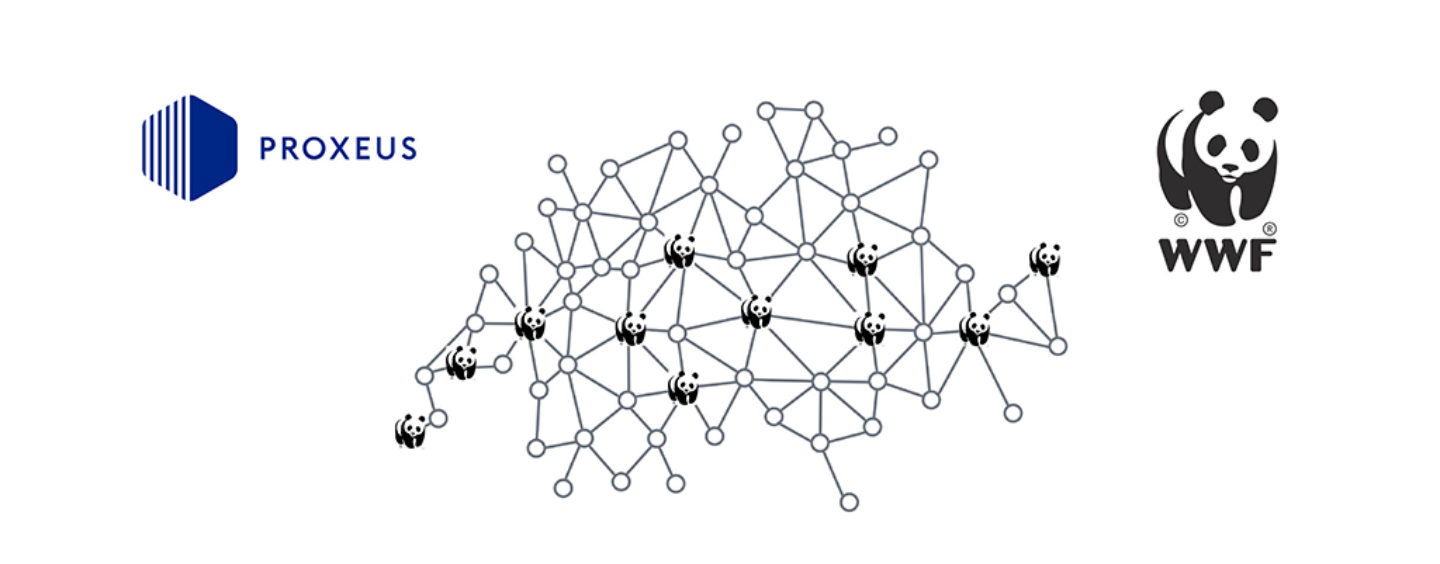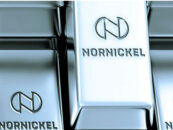Charitable donation is the lifeblood of global NGOs like WWF, yet the good intentions of donation come hand-in-hand with issues of their own.
Accountability for the donation, the transaction costs of processing so many individual contributions, and confirmation of the donation for tax purposes are just a few of the challenges that Proxeus and WWF aim to overcome with this test case.
Starting with a prototype blockchain-powered donation confirmation engine, this project aims to empower consumers to donate more easily while reducing administration costs associated with processing these donations, ensuring more of the donation goes to its intended purpose. For the prototype, no real donor data was used.
Antoine Verdon
“This is a real opportunity to use our technology for social good,”
said Antoine Verdon, co-founder of Proxeus.
“We are helping ensure that the donations go where they have to. By minimizing the system complexity we’ve maximized the benefit for WWF Switzerland’s projects.”
The first step in this process is the donation confirmation engine, which uses the Ethereum blockchain to confirm receipt of the donation(s) from the donor and issue a confirmation of donation at the end of the year for tax purposes, all while maintaining full GDPR-compliant privacy protection. The vision for this project goes much further, for example enabling donation targeting, micro-donations at points of sale, and aggregated cross-platform donation acknowledgement.
In real terms, this could allow donations to be made as micro-donations at points of sale – currently not efficient due to transaction cost – and at the end of the year have the full sum of the donations aggregated and acknowledged for tax purposes.
Thomas Vellacott
“Blockchain will affect many aspects of our life and work. Even though issues remain to be resolved, the technology has considerable potential to streamline processes in fundraising and administration, and to scale up our conservation impact. Hence, WWF is motivated to test real-life applications of blockchain in different areas of our work,”
said Thomas Vellacott, CEO of WWF Switzerland.
“We are currently running several initiatives worldwide to test the application of blockchain. WWF Switzerland works with other WWF offices on these initiatives. We will analyze the results and decide how to use blockchain going forward.”
Despite fears to the contrary, blockchain-based donation processes will not lead to unsustainable use of resources. By replacing paper, blockchain not only consumes power at a comparable or lesser rate (7,000-14,000kWh/kg for paper, 70kWh/transaction for Ethereum, with that consumption rate diminishing significantly as the verification mechanism in the Ethereum network is switched from a “proof of work” to a “proof of stake” mechanism by an upgrade to the Casper protocol), blockchain does not have any of the undesirable impacts of paper production such as deforestation and pollution of water and air.
WWF Demo Frontend:








